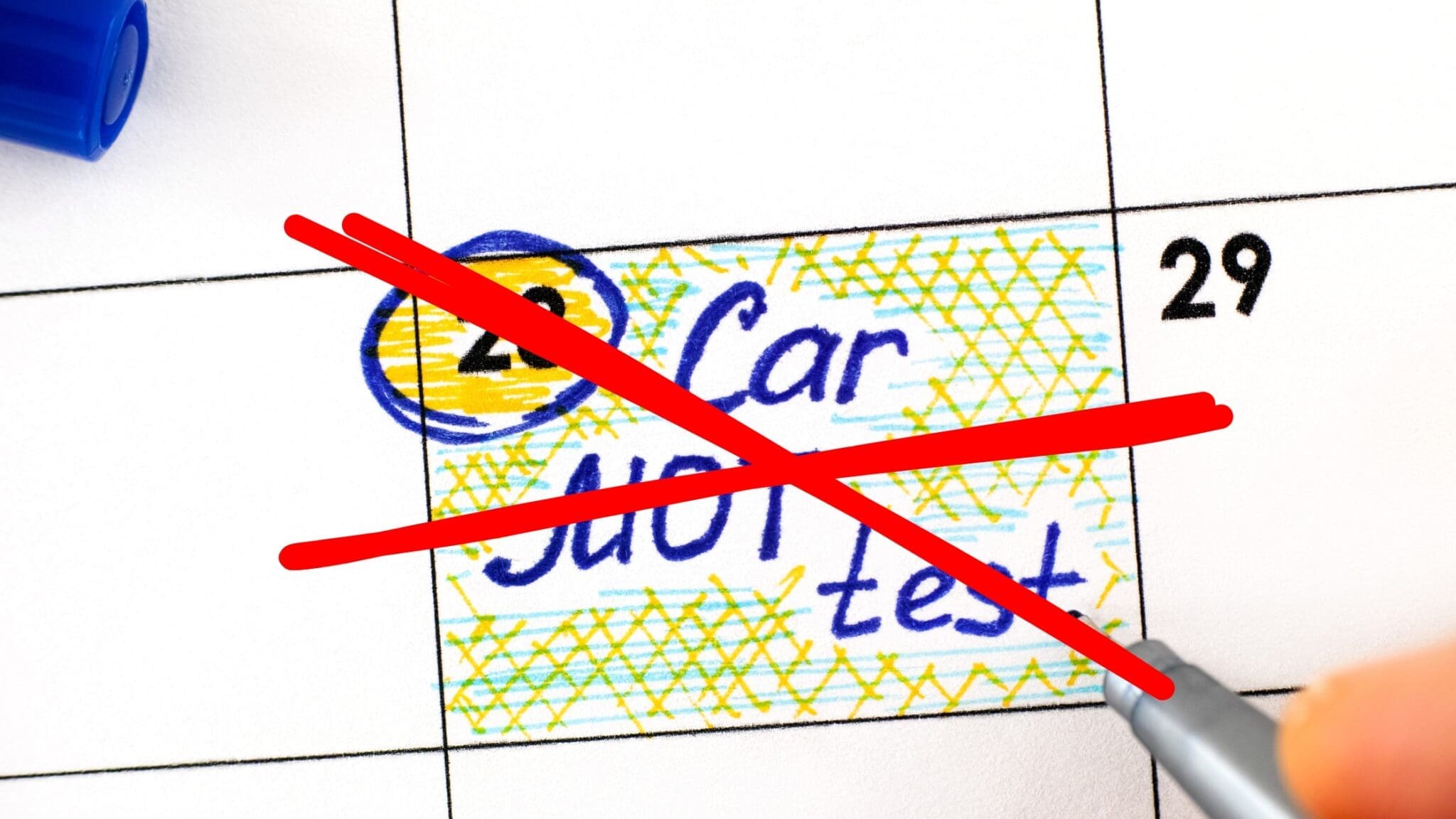The Limited Use MOT Exemption is a provision that allows certain vehicles to be exempted from undergoing the mandatory MOT test. This document provides a comprehensive overview of the limited use MOT exemption, including eligibility criteria, requirements, and implications for vehicle owners.
Eligibility Criteria
To qualify for the limited use MOT exemption, vehicles must meet specific criteria outlined by the Driver and Vehicle Standards Agency (DVSA). The following conditions must be met.
Vehicle Type
- The vehicle must be classified as a historic vehicle, which is defined as being over 40 years old and no longer in production.
- Alternatively, it must be a vehicle of historic interest, which is defined as being over 30 years old and having significant historical, technological, or cultural value.
Usage
- The vehicle must be used solely for pre-arranged events, such as exhibitions, club meetings, or parades.
- It should not be used on public roads for general transportation purposes.
Modifications
- Any modifications made to the vehicle should not substantially alter its original design or purpose.
- Modifications that affect the vehicle’s safety or emissions may disqualify it from the exemption.
Requirements
Vehicles that qualify for the limited use MOT exemption still have certain requirements that must be met.
Roadworthiness
- Despite the exemption, vehicle owners have a responsibility to ensure that their vehicle is safe and roadworthy.
- Regular maintenance and inspections should be conducted to ensure the vehicle remains in a safe operating condition.
Historic Vehicle Taxation Class
- Vehicles claiming the limited use MOT exemption must be registered under the historic vehicle taxation class.
- This taxation class offers reduced vehicle tax rates.
Implications for Vehicle Owners
It’s important for vehicle owners to understand the implications and limitations of the limited use MOT exemption
Insurance
- While the limited use MOT exemption does not require a valid MOT certificate, it does not exempt the vehicle from the need for insurance.
- Vehicle owners must ensure that their vehicle is adequately insured to cover any potential risks or damages.
Legal Restrictions:
- Vehicles with limited use MOT exemption cannot be used for general transportation purposes on public roads.
- Failure to comply with this restriction may result in legal consequences, including fines or penalties.
Conclusion
The limited use MOT exemption provides a valuable opportunity for owners of historic vehicles to enjoy their vehicles without the burden of an annual MOT test. However, it is essential for owners to meet the eligibility criteria, adhere to the requirements, and understand the implications of this exemption. By doing so, vehicle owners can ensure the safety and compliance of their vehicles while enjoying the benefits of this exemption.


